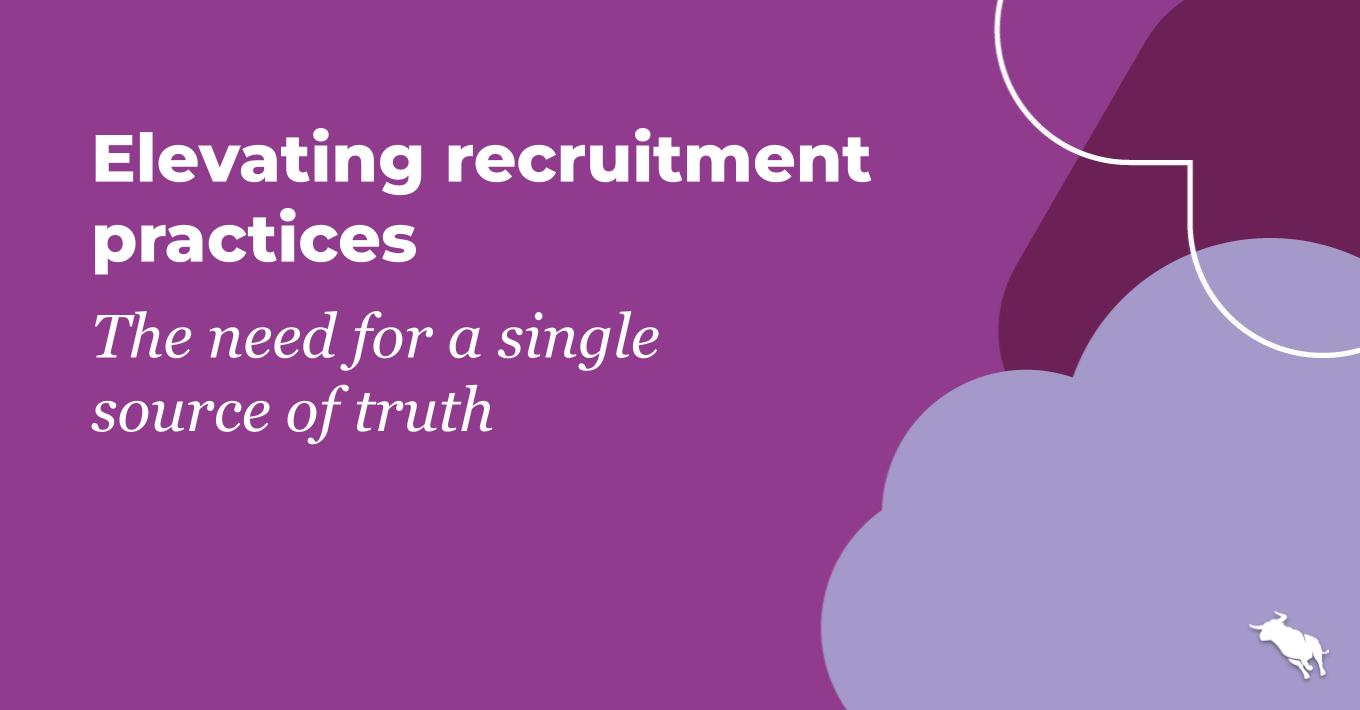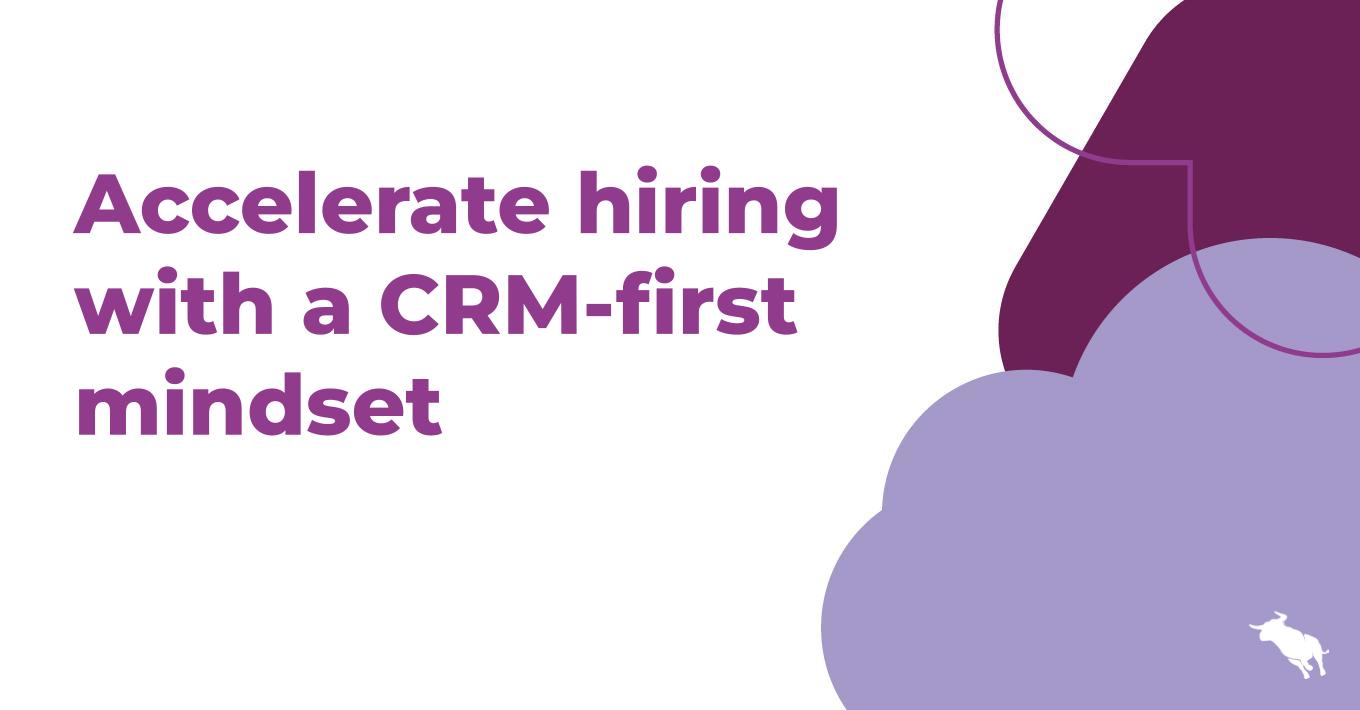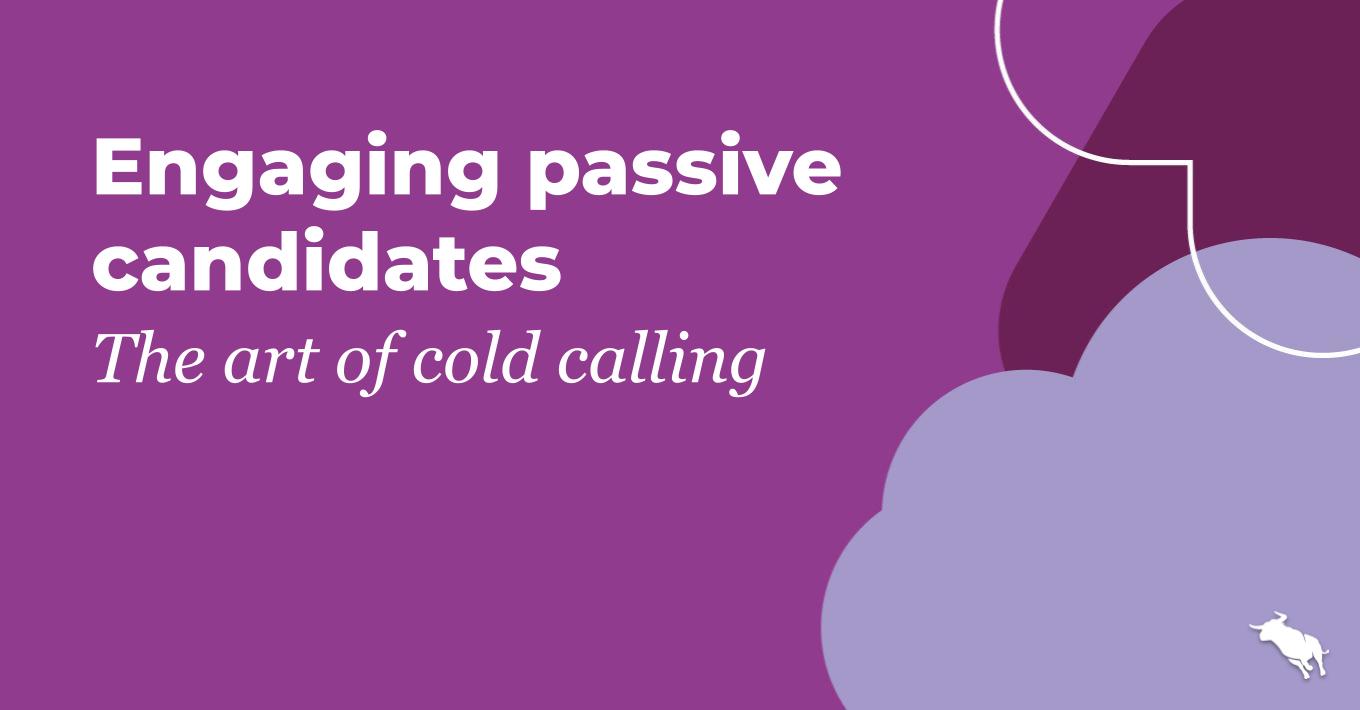How to Navigate Three Major Agency PR Challenges

On Wednesday, June 17, Bullhorn presented a webinar: “Three Hot Topics in PR,” hosted by Vinda Souza, Bullhorn’s Director of Marketing Communications. On the panel, providing much-needed guidance on major trends for agency public relations, were:
- Lisa B. Frank – Founder and CEO of LBF Recruitment Strategies
- Luke Budka – Director of Topline Comms
- Anne R. Gabriel – Contributing Editor, Journalist, Consultant
Attracting PR Talent
One of the foremost challenges of today’s public relations market, according to Lisa B. Frank, is the attraction and retention of experienced PR talent. It can be difficult to attract talented people away from other industries, especially once they’ve grown and climbed up the food chain in their own careers. Some people love the public relations environment and thrive in it, but others can get burned out, particularly because it can be difficult to balance your personal life with your PR work life.
Attracting junior talent, meanwhile, comes with its own obstacles. Millennials do like to have a good work-life balance, but they also care about things like mentorship, training, the opportunity to work directly with clients, and having a voice in their companies. Additionally, many PR agencies are at the forefront of trends and emerging technologies, so they can be very attractive environments for technologically savvy young professionals.
Are you working until 10 every night? Such habits can be seen as a rite of passage for young employees at PR agencies. But is that really the way it has to be? While everyone has to put their time in, PR companies can benefit from some perspective. Agencies can be proactive about boosting morale by enhancing the employee experience with summer Fridays, outings, and other activities. Additionally, everybody who gets hired at a PR agency gets vacation time. So why do employees feel guilty when they use it? That’s not a fair situation. There has to be an opportunity for balance in every organization.
The attraction of senior talent requires many of the same benefits that companies use to bring in junior talent: morale, team-building, vacation time, etc. However, compensation, bonuses, healthcare, and other perks become more important as people get older and build families. Some of those benefits were left behind during the recession, but senior talent that brings business to your agency and has an impact on the bottom line should be compensated. While PR still has a “sweatshop” reputation, there are agencies out there doing great things to encourage team-building and great culture.
Jumping client-side has become very easy to do as the job market has shifted under our feet. As the market gets more and more competitive, counter offers have reared their heads again. Agencies need to do a better job of giving “pre-counter offers.” You want to be ahead of the game, not making reactive counter offers once it’s too late. Check in with your top talent and find out:
- What they want
- How things are going
- Where they are in their career path with your company
Managing Relationships
Many businesses in the public relations sphere reach out to their contacts en masse, mostly by email. While email can be a powerful tool for any business in today’s world, your relationships can benefit greatly from individual connection. If you contact influencers individually, your relationships with these influencers become ten times more important and valuable. It’s the quality, not the quantity, of your existing relationships that allows your business to get the coverage it needs. And yet, when reaching out individually, your agency can’t use disparate lists – mistakes can be made in annoyingly contacting people who have already been contacted, for example, and it only takes one bad phone call to ruin a relationship.
It’s a mistake to email a story out to a load of contacts without having conversations with them first. According to Luke Budka, TopLine’s employees find it incredibly useful to see the company’s most recent records with a given contact. It makes collaborative work more of a possibility. Repeated requests to a contact for the same information can weaken a relationship. With Bullhorn PR CRM Platform, TopLine’s employees have been able to identify the agency’s Top Engaged Coworkers with any contact, allowing them to add value to a relationship by consulting with their most informed coworkers before reaching out to an important contact.
With Bullhorn’s PR Relationship Management Platform, TopLine has determined which of its pitches are landing and which are falling flat, as well as which of its campaigns have been the most successful. Employees have been able to tag contacts, placing them into different verticals and improving the agency’s data organization in the process. And while it’s hard to keep track of everyone’s activity within a PR agency, Bullhorn PR CRM can help, allowing your leadership to use its centralized dashboard to distinguish between stakeholders with its flexible structure.
Appealing to Freelancers
Freelancers are a crucial piece of the public relations puzzle. But interacting with them can be challenging, especially if you aren’t properly prepared to connect. Anne R. Gabriel, an accomplished freelancer in her own right, noted that your agency should be aware of a number of details before contacting a freelancer:
- For which publications does the freelancer contribute?
- What types of content does the freelancer contribute?
- How does the freelancer prefer to be contacted?
Additionally, your agency must pitch intelligently. Freelancers are, by nature, incredibly busy, so your employees should make the process as simple as possible for the freelancers they contact. Agencies can accomplish this by:
- Doing what they promise (and no more than that)
- Taking cues from the freelancer on follow-up (don’t make the freelancer do the legwork)
- Fully completing tasks (don’t leave them halfway done)
- Confirming that communication has been received
- Providing sufficient content
Don’t make freelancers hold your hand. They don’t get paid for administrative work, but often spend valuable time on making sure that people have completed relatively simple tasks. Finally, and perhaps most importantly, your agency’s employees should use the Golden Rule, and treat freelancers the way they would want to be treated during the entire process.
To listen to this on-demand webinar, click here: Three Hot Topics in PR




